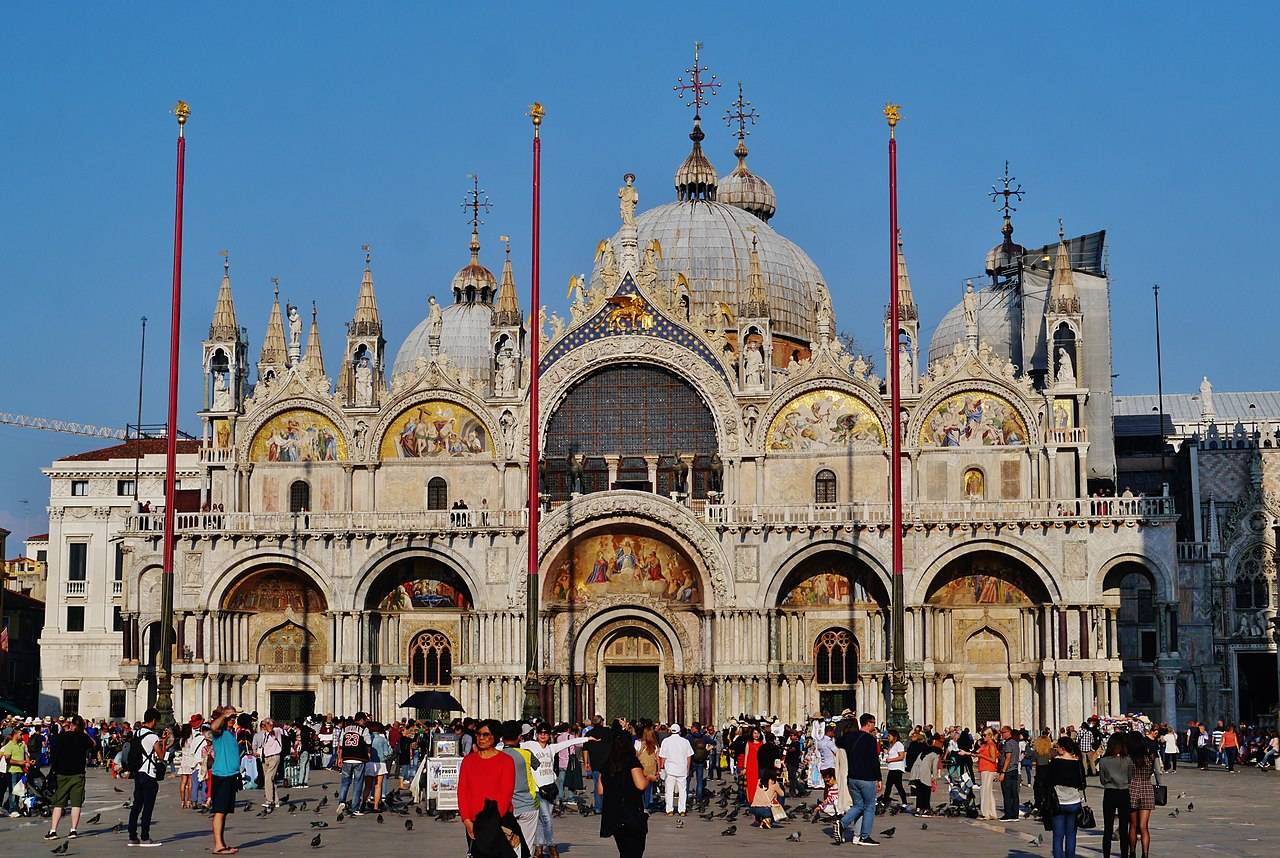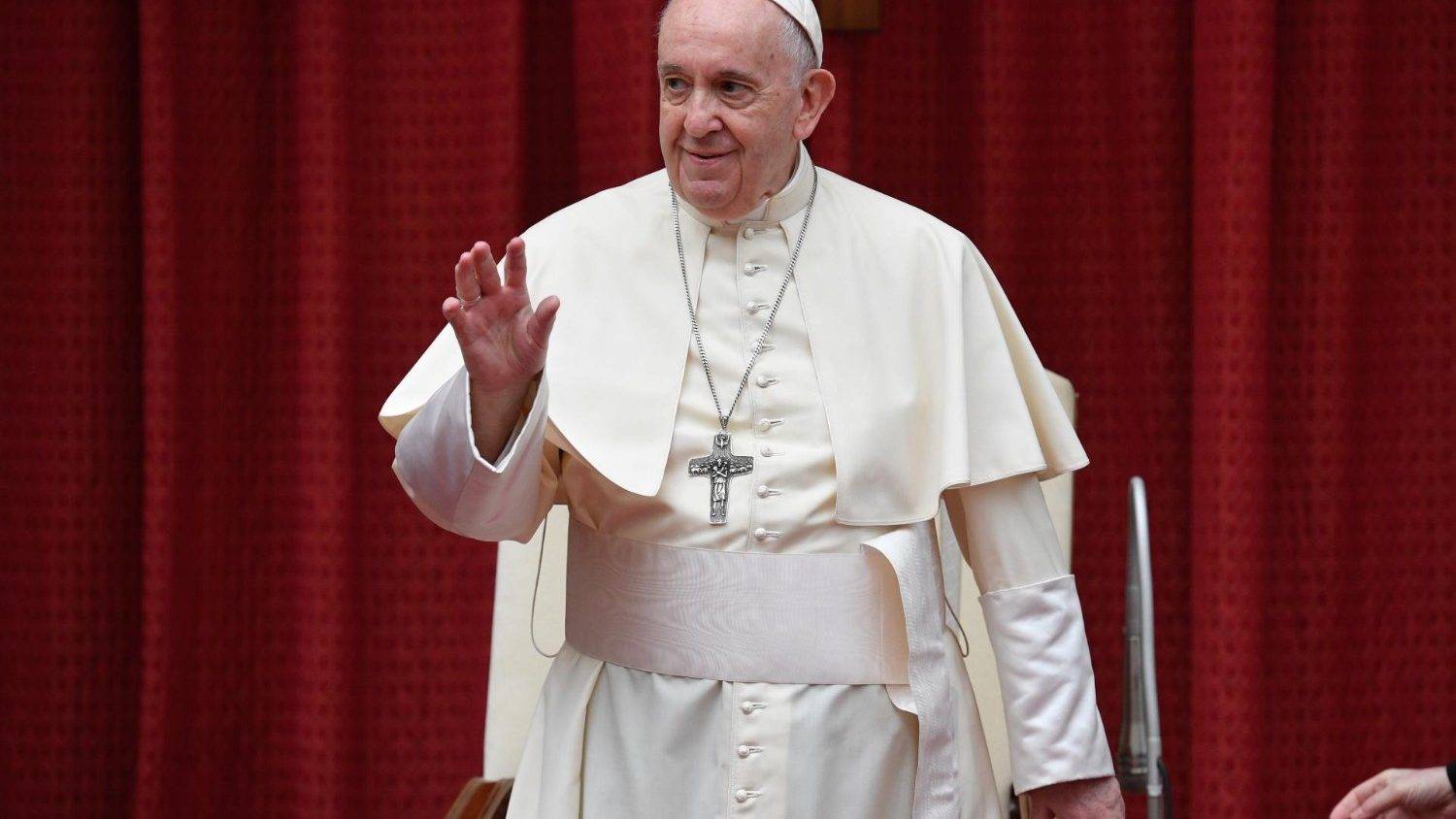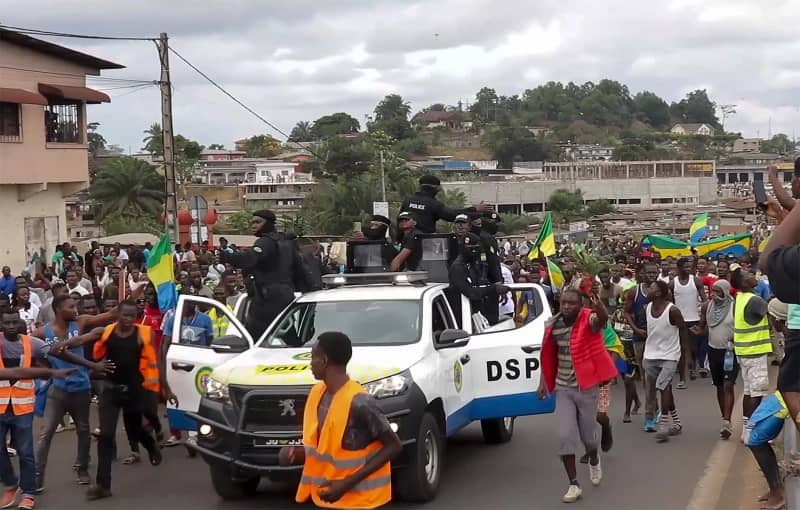MUMBAI – In the latest escalation in what was already the Catholic world’s nastiest liturgical dispute, the papally appointed administrator of the largest jurisdiction in the Syro-Malabar Church has issued a decree accusing priests and laity of “sedition and hatred against ecclesiastical authorities” and giving them until July 2 to comply with a new format for celebrating Mass before facing sanctions.
The seven-page decree from Archbishop Andrews Thazhath was dated June 22, and is addressed to the vicar of St. Mary’s Cathedral Basilica in Ernakulam in southwestern India, part of the Archeparchy of Ernakulam-Angamaly.
The Syro-Malabar Church, based in India, is the second largest of the eastern Catholic Churches in communion with Rome, and has been locked in a bitter dispute over liturgy for months.
In 2021, the Church’s synod decided to adopt a uniform mode of celebrating the liturgy, which priests face the people during the Liturgy of the Word and then the altar during the Liturgy of the Eucharist, turning around again to address the congregation after communion.
While virtually all of the Church’s dioceses have adopted the new system, clergy and laity in the Archdiocese of Ernakulam-Angamaly, by far the largest Syro-Malabar jurisdiction, have rejected it, arguing that facing the people throughout the Mass is a legitimate liturgical variation and one more consistent with the reforms of the Second Vatican Council (1962-65).
The dispute has essentially shut down St. Mary’s Cathedral and led to contentious protests outside and, occasionally, even inside Syro-Malabar churches.
There’s little indication that Thazhath’s latest move will solve the problem either, as delegates from several parishes in the archeparchy gathered Sunday in the city of Kochi, where Thazhath is based, to burn his decree in public.
The protest was organized on a regional basis, said Riju Kanjukkaran of “Alamaya Munnettam,” a forum of lay people favoring the current practice of the celebrant facing the congregation throughout the Mass. The forum has called a larger protest prayer meeting in front of the basilica on July 2, the deadline set by Thazhath, with delegates from all parishes under the archdiocese.
In his decree, Thazhath called the dispute, including the ongoing closure of the cathedral, “a matter of great pain and shame for our Church.”
Thazhath cited a recent emergency meeting of the synod of the Syro-Malabar Church convened by Cardinal George Alencherry, which insisted upon compliance with the new mode of celebrating the liturgy. He cited a directive given him by the synod: “If any priest, religious or lay person violates this agreement, canonical action is to be taken against that person by the Apostolic Administrator of the Archeparchy.”
Among other things, Thazhath said that under Church law, the parish council of the cathedral, which has been leading the protests, has no authority to make decisions on liturgical matters, and threatened that if it doesn’t withdraw its opposition it will be dissolved.
“In liturgical matters many are publicly disobeying the laws of the church and the directives and the Circular of the local hierarch,” Thazhath wrote. “Many are found to be inciting sedition and hatred against ecclesiastical authorities.”
Thazhath asserted that some organizations composed of clergy and laity are “vehemently opposing the directives of the Church, plotting against ecclesiastical authorities,” that “there have been physical and mental torture and harm against ecclesiastical authorities and others,” and that “there have been many activities seriously injuring good name, with false accusations and sometimes with falsification of documents,” all of which, he said, violates Church law.
“You shall inform the Parish Council members of their violations of the laws of the Church and that if the members do not obey within 10 days, the Parish Council will either be frozen/suspended or dissolved without further notice,” Thazhath told the cathedral vicar.
“In case you are not implementing the Synodal decision and the directives of the Ap. Administrator, you will be relieved of your Office of the Vicar and transferred to another place without further notice,” he added.
A former spokesman for the Syro-Malabar Church voiced skepticism that the protestors will comply.
“The whole of what the archbishop speaks is canonical legal language. This legal language, the parishioners may not understand, nor can the parish priest impose,” said Father Paul Thelakat.
“I do not think that pastoral problems are to be dealt with canon laws alone,” Thelakat told Crux. “The style and mood of the authority is imposition and enactment at any cost.”
“The matter is an orientation (which has nothing to do with faith or morals) which was legal and being practiced for about 50 years in this parish. The synod all of a sudden made it illegal, and the archbishop is compelling the parish priest to impose. As things are, it will have serious consequences.”

















